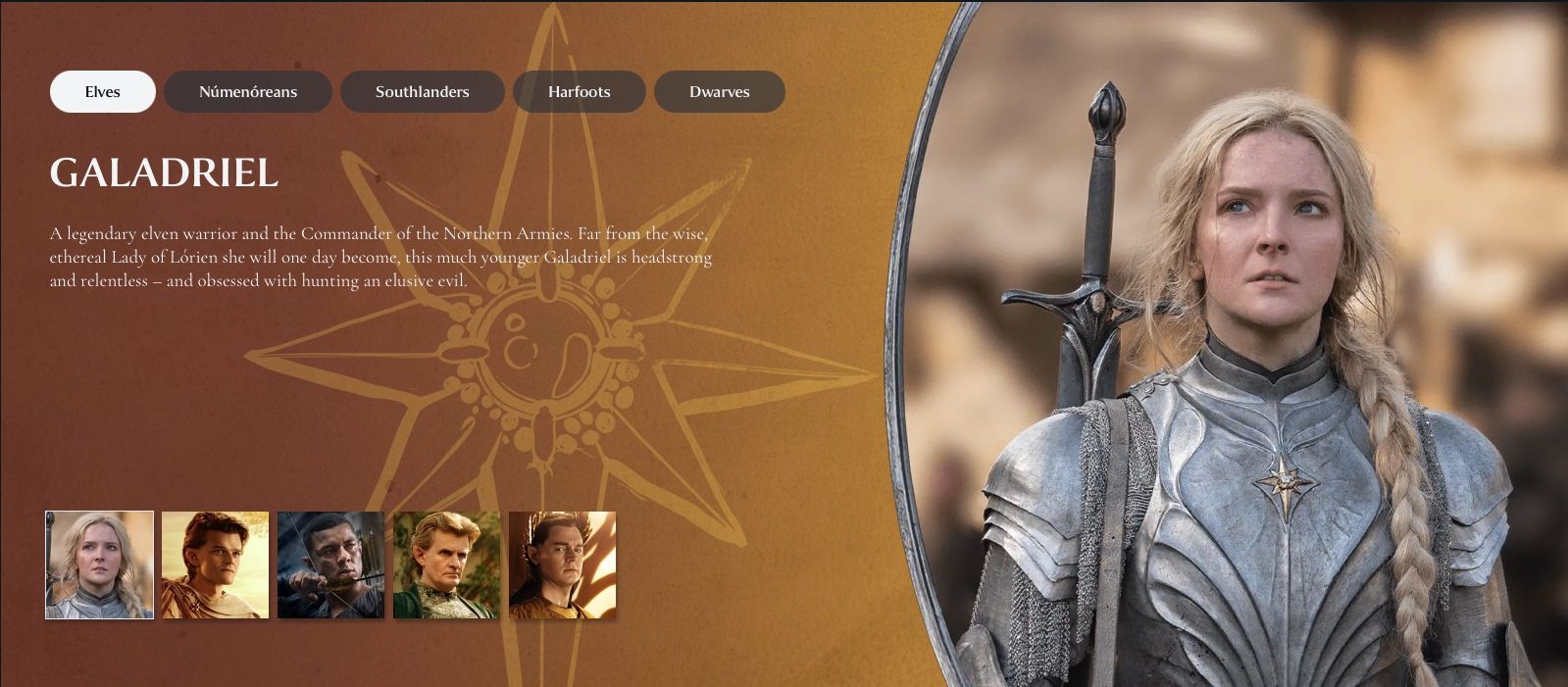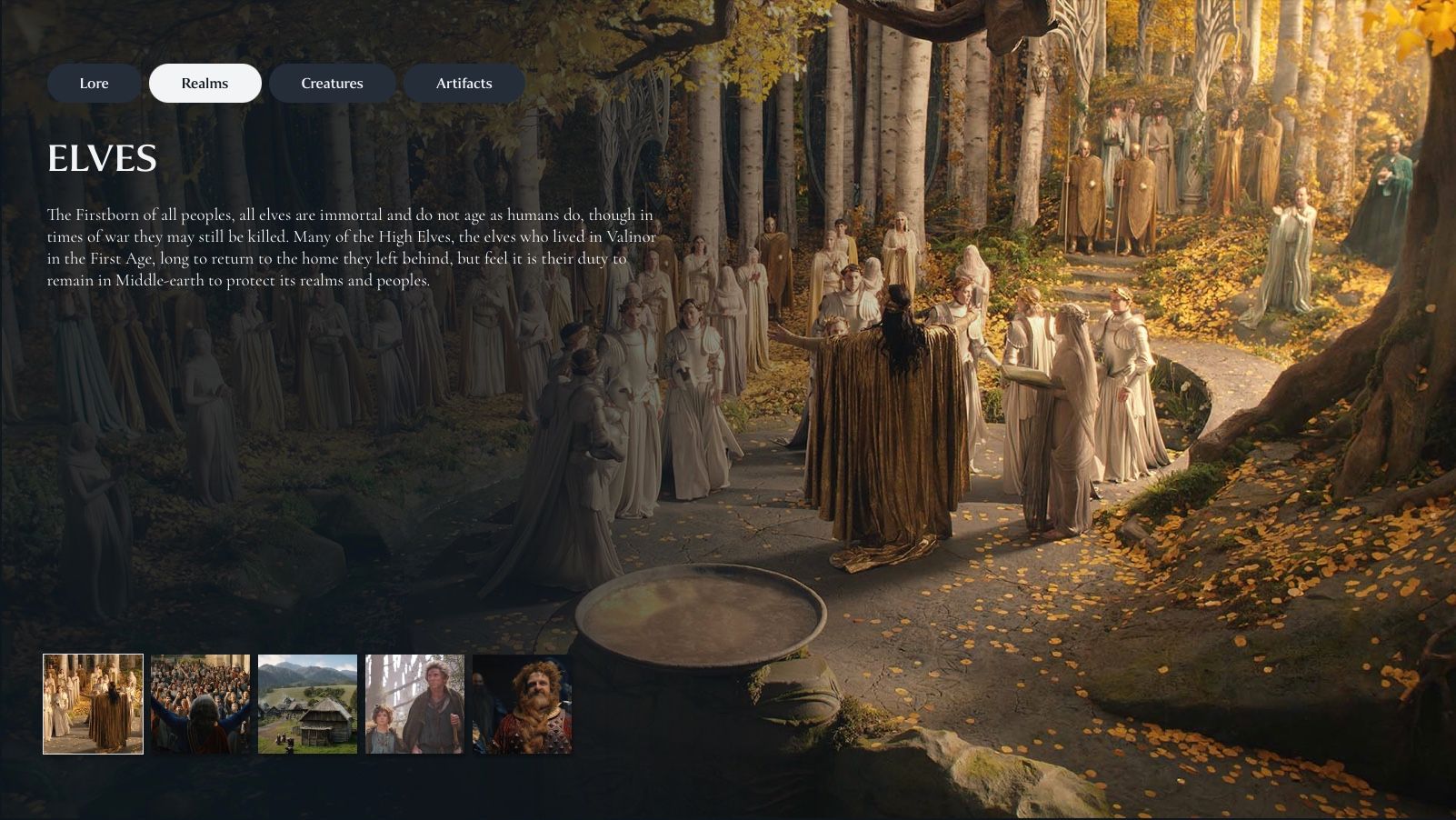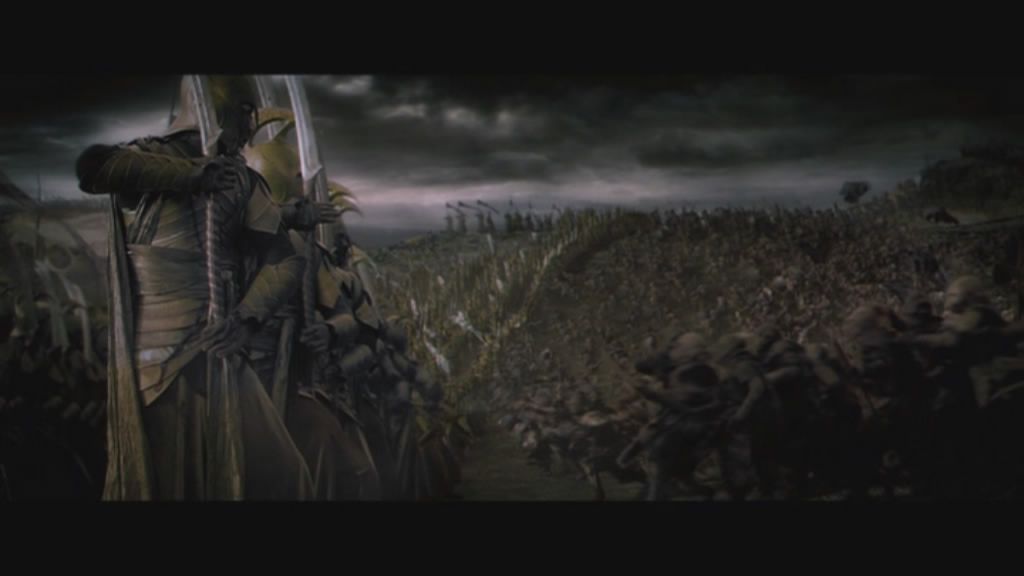The Lord of the Rings: Rings of Power is a new Amazon TV show based on the works of J.R.R Tolkein. Always a cult classic, the universe that brought us The Lord of the Rings and The Hobbit has always been a tricky world to adapt into film. The new series been in the works since 2017 and will cost the company more than $1 billion to make, leading to sky-high expectations. All Tolkein fans that I know have been excited since Amazon purchased the rights, but now that first season is out, we're all wondering if we'll even bother watching the second.
Background
The Lord of the Rings is a high fantasy book series expanding on the world of The Hobbit, and similarly expanded upon in The Silmarilian. all by J.R.R. Tolkien. Similar to how Game of Thrones is actually just the first book in the A Song of Fire and Ice series, adaptations don’t necessarily follow the official name of the story on hand. They rather follow the best known version of that world. The story in The Lord of the Rings: The Rings of Power lies in the second age of Tolkien’s world and is actually covered by The Silmarilian. The story spans (or, will span) the time in Middle Earth after the fall of Morgoth but before the rise of Sauron, likely ending with the massive battle depicted at the beginning of the Peter Jackson's The Lord of the Rings trilogy.
Tolkein’s world building skills were immense, and it leads to an incredible number of storylines all woven together, each influencing the state of affairs in the others. This causes issues when translating his works to the screen (thought Game of Thrones proved that it could be done), since viewers can’t be expected to keep track of more than a couple plotlines at a time. Stanley Kubrick famously believed that the book trilogy was “unfilmable” because of the complexity. It wasn’t until Peter Jackson’s adaptation that we had a reasonably faithful, yet easily digestible, version of the books, and as a result they are each considered some of the best movies ever made. And while those are beloved by many, Tolkein’s son Christopher does not believe they capture the essence of the story. You can’t please everyone, and when you try to, you end up with something like The Hobbit trilogy; too many liberties with the already expansive source material and too little focus on the main story from said source material.
Many people, myself included, were excited to see what Amazon could produce with the lesser-known parts of Tolkein’s world. With the recent Hobbit movies considered nearly universal flops, the hope was that Amazon could take on a more faithful version of the story. And with abundant source material, it seemed we might be getting the next great fantasy series.
That’s not what we have so far.
Galadriel
Galadriel the elf is the perfect choice of main character for Rings of Power. We know that she survives the events because she is present for The Lord of the Rings, and we know that she has a reputation as an extremely powerful being by that time, but we know very little of how she got to that position. This ambiguity, yet certainty, provides enough intrigue and creative flexibility that you'd be remiss to choose anyone else as the driver of the plot.
Whether by writing or acting, The Rings of Power fails the character of Galadriel.
My problem with Galadriel's character is largely the same problem I have with everything happening in the show: it is far, far too dramatic. Every scene, every situation, must include some tense conflict. Every character expression must be extremely serious. Every conversation must maximize conflict.
As a result, every interaction feels fake, as if I'm watching a Spanish soap opera with my grandmother.

Galadriel also fails to portray herself as the ancient, wise, or powerful being the she is, and instead comes across as childish. As an elven commander who fought in the war against a literal god, one would think she would be a mature leader commanding respect. Instead, she is single-minded and stubborn, refusing to consider that she might be wrong about anything, and as a result loses the loyalty of her army. While this happens extremely early in the show, the audience similarly loses respect in her not too long after. When faced with any conflict, Galadriel does one thing and one thing only: dig her heels into the ground and fights back.
This problem exists in more than just Galadriel, but her character is so central to plot development that it makes it all the more obvious.
Character Depth
There is (nearly) none.
I've struggled mightily trying to put into words how the over-dramatization of events hurts the show, but it makes all conversations and character developments feel fake. There is no time to just be happy, or explore parts of the characters that don't tie into the plot. In Lord of the Rings, we are regularly given downtime to learn about our characters. The real world isn't all conflict; it has beautiful moments that help us slow down and make friends. Meanwhile, I know nothing about any of the characters in this show and what they do or who they are under the skin.
We know that Durin and Elrond are friends, and those interactions are the only things that resembel character development. Elrond learns that he must be more attentive to his mortal friends, and Durin battles the decision of whether to obey his father or help his friend. All other interactions are one-sided or one dimensional, where characters often talk past each other to assert that their current beliefs are the only ones that could ever be.
Pacing
Tolkein's works are notoriously slow moving. He can spend pages describing the history of a region or bloodline in excrutiating detail, but it means that when plotpoints actually happen, you feel more invested in the characters involved. Personally, I love this slow building into the action. While his characters tend to be plain or even one-dimensional, the world around them is so complex that you rarely notice that they're often predictable. Instead their interactions feel genuine and consistent. Characters in Game of Thrones behave similarly, and yet feel incredibly complex and dynamic because of all the locations and characters they can interact with.
Rings of Power does not strike this balance well, though there are some bright spots. Characters are introduced too slowly for my liking, and were are often told who they are instead of being shown. The notable exception is our introduction to the Harfoots, or proto-hobbits. We get to see how there are different personalities in their group by how they behave, and very little talking is needed to learn that Nori is the most adventurous, their leader (literally) goes by the book but learns to adapt, and as a people they love each other.
The Numenorians, on the other hand, are almost entirely introduced by them talking to each other. We have to listen to Elendil and Isildur talk about how the plot is progressing, then hear Galadriel and the queen talk about how they will progress the plot, then hear Isildur and his friends talk about how they, too, will progress the plot. As a result, the first 5 episodes were an absolute slog to get through (4 and 5 in particular were soul crushing).
Where the pacing falls short most obviously is in payoffs. In their need to make the show overly dramatic, all plot points build and build and build and then pay off in a single, fleeting moment.
The sword hilt that seems to be key to Sauron's plans and causes the deaths of hundreds or thousands of people? The payoff is a (mostly) unknown character using it for maybe 10 seconds in a way he learned off screen.
The mystical beings looking for Sauron, ominously tracking a mysterious traveler and his band of friends? Eliminated as soon as the characters make contact with each other.
Scale
Something feels very wrong about the scale of the show. There are regularly too few people on the screen for what should be a flourishing land. When Galadriel, one of the most important elves in Middle Earth, is invited to travel back to Valinor (the highest honor an elf can receive), the ceremony is attended by at most 50 people. Is that all that's left of the elves in Middle Earth?

When the Numenorians send an army to Middle Earth, they only send 3 ships. While we see some 200 soldiers on horses in one of the wide shots, during battle scenes there are at most 50 people fighting. The opening scene of Peter Jackson's Lord of the Rings portrayed the alliance of elves and men as uncountably large, fighting a similarly infinite enemy. For something that should become a battle for the world, I hope we see numbers start to increase. After all, that opening sequence should be the culmination of this entire show; how are the elves going to reach those number by the end of the series?

Score
The first season of The Rings of Power, as I hope I conveyed in this post, was not a particularly engaging or entertaining show. It's difficult for me to recommend unless you're a huge Tolkein fan already, and even then it's easy to get upset with many things I didn't cover here, like the butchering of the official timeline of the world.
I give The Rings of Power 3/10, and that's being generous.

